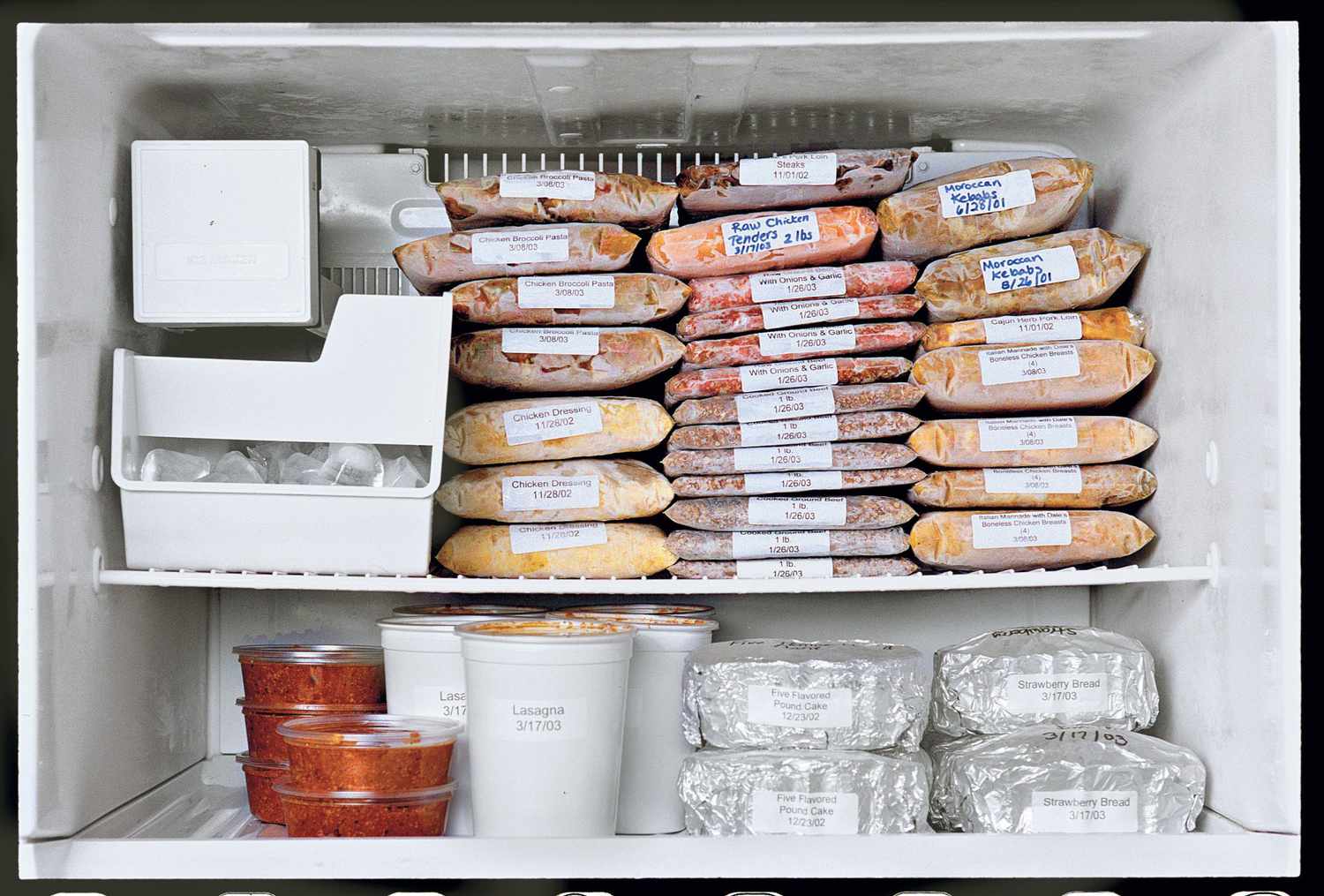

Articles
What Is Freezer
Modified: February 26, 2024
Learn all about freezers in this informative articles. Discover the different types, features, and benefits of having a freezer in your home. Find articles on freezer maintenance, organization tips, and more.
(Many of the links in this article redirect to a specific reviewed product. Your purchase of these products through affiliate links helps to generate commission for Storables.com, at no extra cost. Learn more)
Introduction
A freezer is an essential appliance found in many households and commercial settings. It is designed to preserve and store perishable items at sub-zero temperatures, thus extending their shelf life. From storing frozen foods to preserving delicate medical supplies, freezers serve a crucial role in keeping items fresh and ready for use.
In this article, we will explore the world of freezers, providing a comprehensive understanding of what they are, how they work, and their various benefits. Whether you are considering purchasing a freezer or simply want to learn more about these storage devices, this article will serve as an informative guide.
Let’s dive in and discover the wonders of freezers!
Key Takeaways:
- Freezers are versatile appliances that extend the shelf life of perishable items, offering convenience, cost savings, and emergency preparedness for both residential and commercial users.
- Understanding the types, benefits, and maintenance of freezers empowers consumers to make informed decisions, ensuring optimal performance and longevity of this essential appliance.
Read more: What Is Freezer Paper
Definition of a Freezer
A freezer is a specialized appliance that is designed to maintain a consistently low temperature to preserve food, beverages, and other perishable items. It is a storage device that operates at temperatures below the freezing point of water, typically around -18 degrees Celsius or 0 degrees Fahrenheit.
Freezers are similar to refrigerators in terms of their basic functionality, but they are capable of reaching much lower temperatures. They are equipped with a cooling mechanism that removes heat from the internal compartment, allowing the contents to stay frozen and preventing bacterial growth and spoilage.
Modern-day freezers come in a variety of sizes and configurations, catering to different needs and available spaces. They can range from small upright freezers that fit neatly into a kitchen corner to large chest freezers that provide ample storage capacity for bulk items.
While freezers are commonly used in residential kitchens, they also have significant commercial applications. Supermarkets, grocery stores, and restaurants rely on freezers to store and display frozen food products for customers to purchase. Additionally, laboratories, hospitals, and research facilities utilize freezers to preserve biological samples, medicines, and other temperature-sensitive substances.
Overall, a freezer is an indispensable appliance that allows individuals and businesses to extend the shelf life of perishable goods and maintain their quality for a longer duration.
Types of Freezers
There are several types of freezers available on the market, each catering to different storage needs and preferences. Let’s explore some of the most common types:
- Upright Freezers: Upright freezers are designed to stand vertically, similar to a refrigerator. They offer convenience in terms of accessibility and organization, with multiple shelves and compartments. Upright freezers are ideal for kitchens with limited floor space as they have a smaller footprint compared to chest freezers.
- Chest Freezers: Chest freezers are shaped like a chest or a large box with a hinged lid on the top. They offer more storage capacity compared to upright freezers and are great for bulk storage. Chest freezers are energy-efficient and capable of maintaining a consistently low temperature even during power outages.
- Built-in Freezers: Built-in freezers are designed to be integrated into kitchen cabinetry seamlessly. They can be installed flush with the surrounding cabinets for a sleek and cohesive look. Built-in freezers offer a customized and built-in aesthetic, making them a popular choice for modern kitchen designs.
- Drawer Freezers: Drawer freezers are a convenient option for those who prefer easy access to their frozen goods. They feature multiple drawers that slide out, allowing users to organize and retrieve items without having to dig through a deep freezer. Drawer freezers are commonly found in high-end kitchens and are prized for their functionality and aesthetic appeal.
- Portable Freezers: Portable freezers are compact and lightweight, making them ideal for outdoor activities and road trips. These freezers can be powered by either electricity or batteries and offer the flexibility to keep perishables frozen while on the go.
When choosing a freezer, it’s important to consider factors such as available space, storage needs, energy efficiency, and personal preferences. Understanding the various types of freezers available will help you make an informed decision and find the perfect freezer to suit your requirements.
How Freezers Work
Freezers employ a combination of key components and principles to create and maintain a sub-zero environment. Understanding how freezers work can help users maximize their efficiency and ensure optimal performance. Let’s dive into the inner workings of a freezer:
- Compressor: The compressor is the heart of a freezer. It is a motorized pump that circulates refrigerant, a specialized fluid, throughout the system. The compressor increases the pressure and temperature of the refrigerant gas, essential for the cooling process.
- Condenser: The hot, high-pressure refrigerant gas from the compressor flows into the condenser. The condenser is a coiled tube with fins, usually located on the back or bottom of the freezer. As the refrigerant passes through the condenser, it releases heat to the surrounding environment, causing the gas to condense into a liquid state.
- Expansion Valve: The condensed liquid refrigerant now flows into the expansion valve, which is a small narrow tube. The expansion valve regulates the flow of the refrigerant and lowers its pressure, allowing it to rapidly expand.
- Evaporator: The evaporator is another coiled tube, usually located inside the freezer. The low-pressure, liquid refrigerant enters the evaporator where it undergoes a phase change from a liquid to a gas. This phase change absorbs heat from the surrounding environment, creating a cooling effect within the freezer.
- Evaporator Fan: The evaporator fan, located near the evaporator, circulates cold air throughout the freezer compartment. It helps maintain a consistent temperature and ensures that all items inside the freezer are evenly cooled.
- Thermostat: The thermostat is a temperature-sensitive switch that controls the operation of the compressor. It monitors the temperature inside the freezer and signals the compressor to turn on when the temperature rises above a set level. Once the desired temperature is reached, the thermostat signals the compressor to shut off.
This cyclic process of compressing, condensing, expanding, and evaporating the refrigerant allows the freezer to remove heat from the internal compartment and maintain a low temperature. The insulation within the freezer helps retain the cold air and prevent external heat from entering, ensuring efficient cooling.
It’s important to note that freezers require proper ventilation around them to dissipate the heat emitted during the cooling process. Placing the freezer in a well-ventilated area with sufficient clearance to the walls and other objects will ensure optimal performance and energy efficiency.
Benefits of Using a Freezer
Using a freezer provides numerous benefits, making it a valuable appliance for both residential and commercial settings. Let’s explore some of the advantages:
- Food Preservation: One of the primary benefits of using a freezer is the ability to extend the shelf life of perishable food items. Freezing food helps to slow down the growth of bacteria and other microorganisms, keeping the food fresh and safe to consume for longer periods. It allows individuals to stock up on groceries, take advantage of bulk discounts, and reduce food waste.
- Convenience and Flexibility: Freezers offer convenience and flexibility in meal planning. With a well-stocked freezer, you can easily prepare and store meals in advance, saving time during busy weekdays. It allows you to have a variety of ingredients readily available, including pre-cooked meals, frozen fruits, vegetables, and meats, making it easier to create a nutritious and well-balanced diet.
- Cost Savings: By having a freezer, you can take advantage of sales, discounts, and seasonal produce. Buying items in bulk and freezing them for later use can help you save money on groceries over time. It also allows you to preserve leftovers and avoid unnecessary food waste.
- Preservation of Specialty Items: Freezers are vital for preserving and storing specialty items such as homemade soups, sauces, and baked goods. You can freeze these items in individual portions, making it convenient to enjoy homemade meals without the need for extensive preparation each time.
- Extended Storage for Medicines and Medical Supplies: Freezers play a crucial role in storing temperature-sensitive medicines, vaccines, and laboratory samples. They help maintain the integrity and efficacy of these items, ensuring they remain effective and safe for use when needed.
- Emergency Preparedness: In times of emergencies or natural disasters, a freezer stocked with frozen food, water, and other essential supplies can provide a reliable source of sustenance. It helps to ensure that you have access to nourishing food even during challenging situations.
Overall, the benefits of using a freezer extend beyond food preservation. They offer convenience, savings, and peace of mind, making them an essential appliance for households and businesses alike.
A freezer is a household appliance used to store and preserve food at low temperatures, preventing spoilage and extending shelf life. It is essential for keeping perishable items fresh for longer periods.
Read more: What Is Chest Freezer
Common Uses of Freezers
While freezers are widely known for their ability to preserve food, their uses extend beyond just keeping groceries frozen. Let’s explore some common uses of freezers:
- Food Storage: Perhaps the most common use of freezers is to store and preserve food. Freezing helps to prevent spoilage, maintain food quality, and extend the shelf life of various perishable items such as meats, vegetables, fruits, and prepared meals.
- Ice Production: Freezers are used to produce and store ice cubes or crushed ice for cooling beverages or for use in recipes. Ice trays or ice makers within the freezer compartment allow for convenient access to ice whenever needed.
- Beverage Chilling: Freezers can be used to chill beverages quickly, especially when you need a cold drink in a short amount of time. Placing canned or bottled beverages in the freezer for a specified period can cool them down rapidly.
- Preservation of Bulk Items: Freezers are ideal for storing bulk items, allowing individuals and businesses to take advantage of deals and discounts for items like meats, seafood, and frozen vegetables. By dividing bulk purchases into smaller portions and freezing them, you can ensure long-term availability.
- Preserving Seasonal Produce: Freezing fruits and vegetables at the peak of their freshness allows you to enjoy them throughout the year. By blanching and freezing seasonal produce, you can maintain their nutritional value and flavors for future use.
- Long-Term Storage of Baked Goods: Freezers are used to store baked goods like bread, cakes, and pastries for more extended periods. This allows you to enjoy homemade treats at your convenience and prevents them from going stale.
- Storage of Specialty Items: Freezers provide a convenient way to store specialty items, such as homemade soups, sauces, and stocks. These can be portioned and frozen, creating quick and easy meal options whenever needed.
- Storage of Medicines and Vaccines: Freezers play a crucial role in the storage of temperature-sensitive medicines, vaccines, and laboratory samples. They help maintain the integrity and effectiveness of these items, ensuring their potency when used.
- Emergency Preparedness: During emergencies or natural disasters, freezers can be used to store essential supplies like ice, water, and non-perishable food items. This helps ensure that you have access to necessary provisions when external resources are disrupted.
These are just a few examples of the many practical uses of freezers. Their versatility and ability to preserve a wide range of items make them an invaluable appliance in both residential and commercial settings.
Factors to Consider When Choosing a Freezer
When choosing a freezer, it’s essential to consider various factors to ensure that you select the right appliance that meets your needs. Here are some key factors to consider:
- Type of Freezer: Determine the type of freezer that best suits your requirements. Consider factors such as available space, storage needs, and personal preferences. Choose between upright freezers, chest freezers, built-in freezers, drawer freezers, or even portable freezers, depending on your specific needs.
- Storage Capacity: Evaluate the storage capacity of the freezer and consider the amount of food or items you plan to store. Determine if the freezer provides adequate space for your needs, considering both the interior volume and the configuration of shelves, drawers, and compartments.
- Energy Efficiency: Look for freezers with an energy-efficient design and high energy efficiency ratings. Energy-efficient models consume less electricity, reducing your energy bills and minimizing environmental impact.
- Size and Dimensions: Consider the physical dimensions of the freezer and ensure that it fits within the designated space in your home or establishment. Measure the available space, including height, width, and depth, and compare it with the dimensions of the freezer you intend to purchase.
- Temperature Control: Look for freezers with adjustable temperature controls that allow you to set and maintain the desired temperature easily. This ensures optimal freezing conditions for different types of items and enables you to customize the temperature based on your specific needs.
- Noise Level: Consider the noise level of the freezer, especially if it will be located in a living area or near bedrooms. Look for models with noise-reducing technologies or quiet operation to minimize disruption to your everyday activities.
- Additional Features: Take note of additional features that may enhance your user experience. These can include things like interior lighting, door locks, digital displays, quick-freeze options, and frost-free operation, which eliminates the need for manual defrosting.
- Brand Reputation and Reviews: Research the reputation of the brand and read customer reviews to gain insights into the reliability, quality, and after-sales service of the freezer. Choose a reputable brand known for producing durable and high-performing appliances.
- Price and Budget: Consider your budget and compare prices to find a freezer that offers the best value for your money. Balance your desired features and specifications with your budget to choose a freezer that meets your needs without overspending.
By considering these factors, you can make an informed decision and select a freezer that aligns with your storage requirements, preferences, and budget.
Tips for Proper Freezer Maintenance
To ensure the optimal performance and longevity of your freezer, regular maintenance is crucial. Here are some essential tips to keep your freezer in excellent condition:
- Clean the Interior: Regularly clean the inside of the freezer to remove any spills, stains, or odors. Use a mixture of mild soap and water to wipe down the interior walls, shelves, and drawers. Avoid using harsh chemicals or abrasives that can damage the freezer’s surfaces.
- Defrost When Necessary: If your freezer is not frost-free, periodically defrost it to remove excessive ice buildup. Follow the manufacturer’s instructions on how to defrost the freezer safely and efficiently. Allow the freezer to fully thaw, then clean and dry the interior before turning it back on.
- Organize and Label: Arrange items in the freezer in an organized manner, utilizing shelves, drawers, and containers as needed. Label and date all frozen food items to ensure proper rotation and prevent food waste. This will also help you easily locate specific items when needed.
- Avoid Overloading: Be mindful not to overload the freezer, as overcrowding can inhibit proper airflow and cooling. Allow sufficient space between items for cold air to circulate and maintain consistent temperatures.
- Check and Seal Door Gaskets: Periodically inspect the door gaskets for any signs of damage or wear. Replace worn-out or damaged gaskets to ensure a proper seal. A tight and secure door seal will prevent cold air from escaping and warm air from entering, maximizing energy efficiency.
- Clean the Condenser Coils: Dust and debris can accumulate on the condenser coils, impairing the freezer’s cooling efficiency. Regularly vacuum or brush off the coils to remove any build-up. Consult the user manual for guidance on accessing and cleaning the condenser coils properly.
- Monitor Temperature: Keep an eye on the freezer’s temperature and ensure that it remains at the recommended setting. Use a refrigerator/freezer thermometer to regularly check the temperature and adjust as needed to maintain optimal freezing conditions.
- Avoid Placing Hot Items Inside: Do not place hot or warm food directly into the freezer, as this can raise the internal temperature and strain the cooling system. Allow hot items to cool to room temperature before transferring them to the freezer.
- Keep the Surrounding Area Clean: Maintain a clean and dust-free environment around the freezer. Regularly dust the external surfaces and ensure proper ventilation by keeping the area clear of any obstructions or debris.
- Regularly Check and Replace Water Filters (if applicable): If your freezer has a built-in water dispenser or ice maker, follow the manufacturer’s instructions for checking and replacing the water filter. This will ensure the availability of clean and fresh ice and water.
By following these maintenance tips, you can prolong the life of your freezer, optimize its performance, and ensure the safe storage of your frozen items.
Conclusion
Freezers play a vital role in our lives, offering the ability to preserve and store perishable items at sub-zero temperatures. From keeping our food fresh to storing temperature-sensitive medicines, freezers are an essential appliance in both residential and commercial settings.
In this article, we’ve explored the definition of a freezer, the different types available, how they work, and the benefits they provide. We’ve also discussed common uses of freezers and factors to consider when choosing one. Additionally, we’ve provided tips for proper freezer maintenance to ensure optimal performance and longevity.
By understanding the functionality and capabilities of freezers, you can make an informed decision when purchasing one that fits your specific needs. Whether you require a compact upright freezer for your kitchen or a large chest freezer for bulk storage, choosing the right freezer can enhance your convenience, save money, and reduce food waste.
Remember to regularly clean and organize your freezer, monitor its temperature, and perform necessary maintenance tasks to keep it running efficiently. By following these tips, you can ensure that your freezer remains in optimal condition, providing you with long-lasting and reliable freezing capabilities.
In conclusion, freezers are an invaluable appliance that allows us to extend the shelf life of perishable items, preserve food, and store essential supplies. They offer convenience, cost savings, and peace of mind in our everyday lives. Whether you’re a busy homemaker, a culinary enthusiast, or a commercial business owner, a well-maintained freezer can make a significant difference in preserving the freshness and quality of your frozen items.
Frequently Asked Questions about What Is Freezer
Was this page helpful?
At Storables.com, we guarantee accurate and reliable information. Our content, validated by Expert Board Contributors, is crafted following stringent Editorial Policies. We're committed to providing you with well-researched, expert-backed insights for all your informational needs.
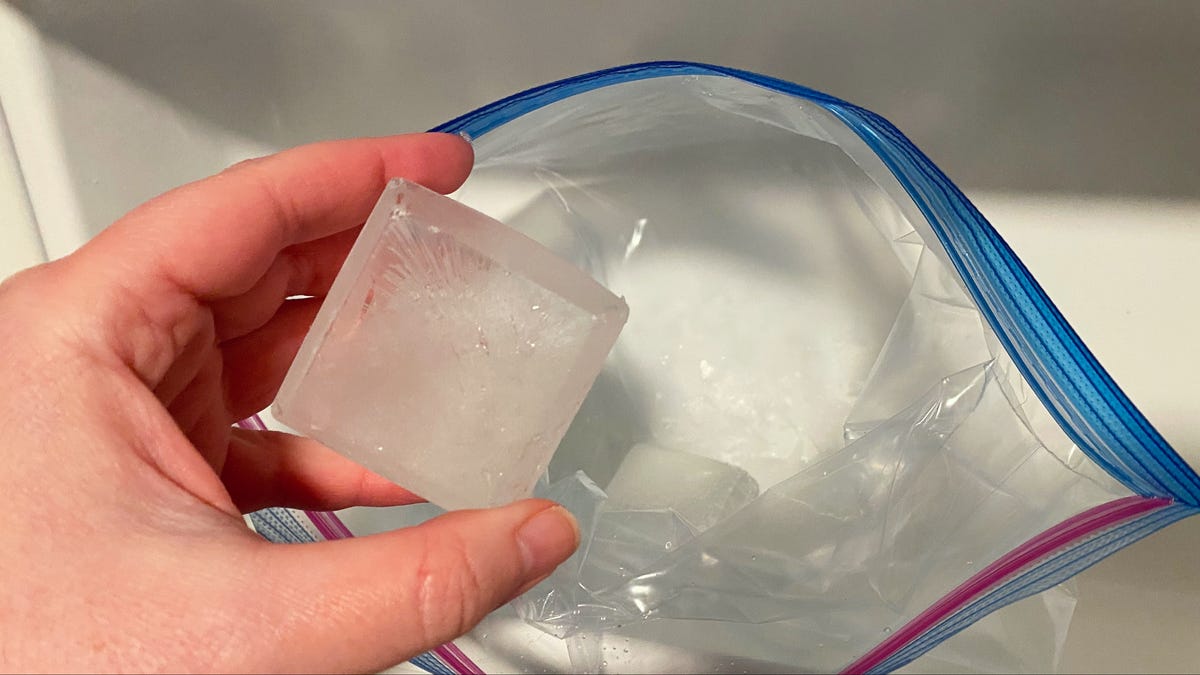
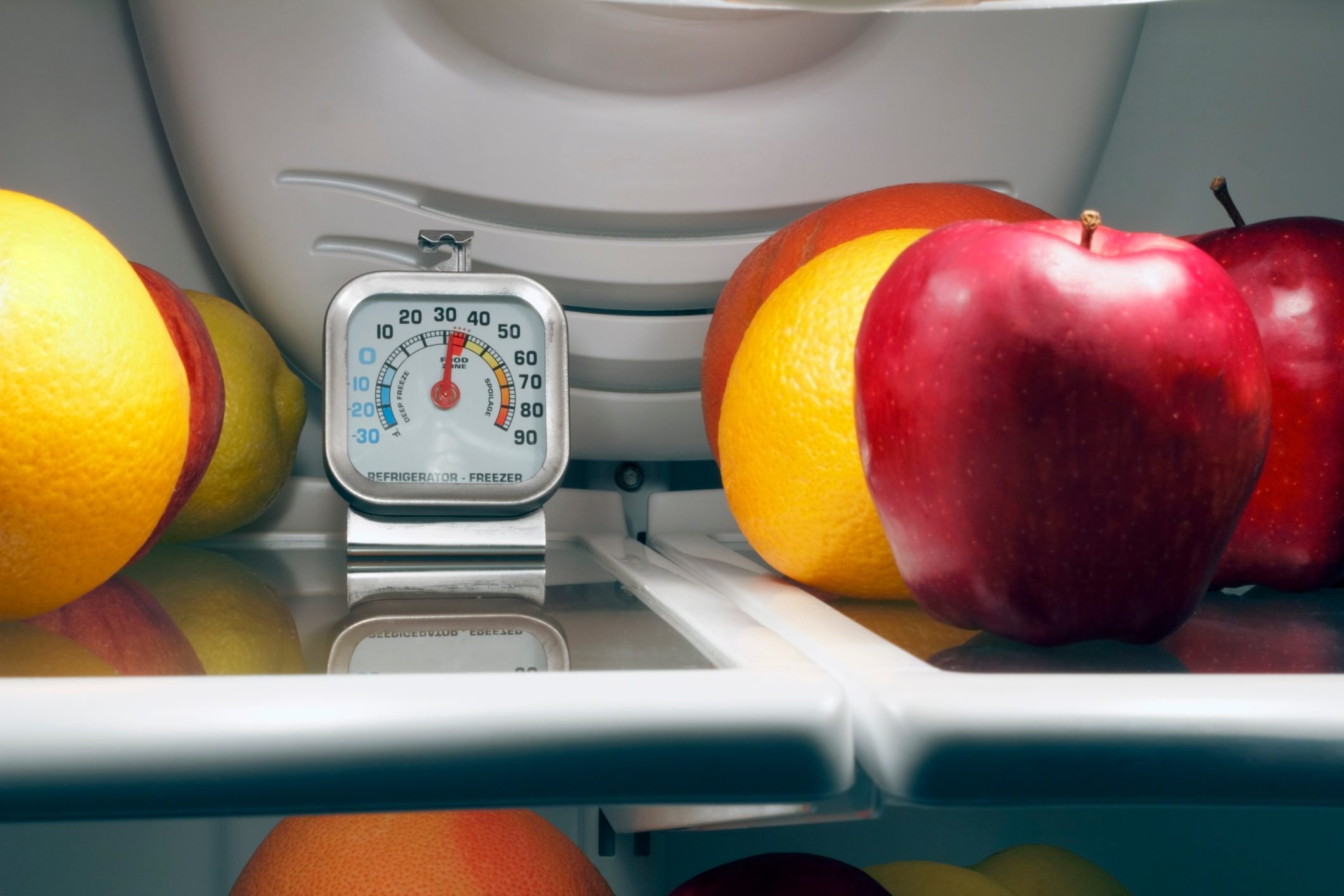
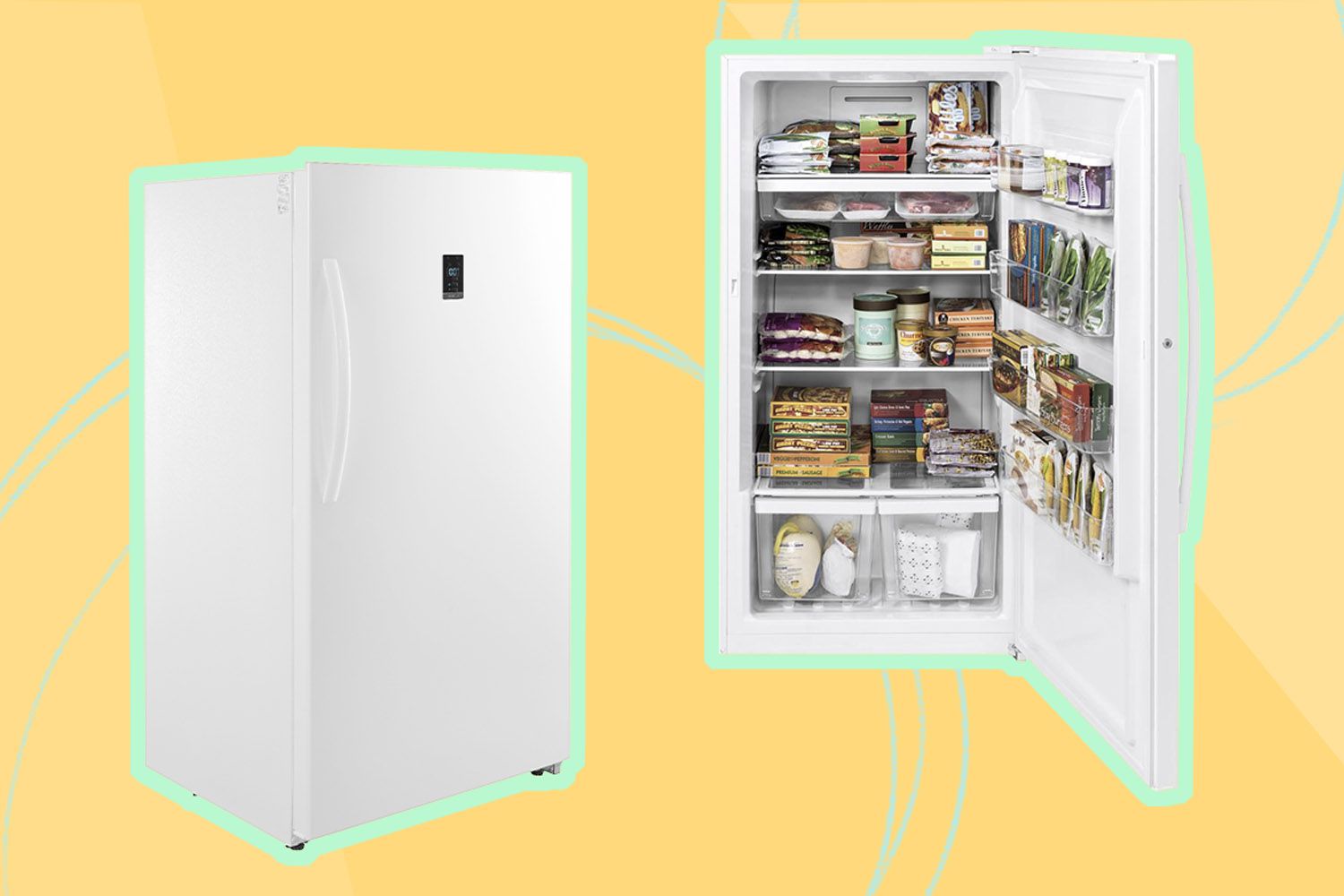
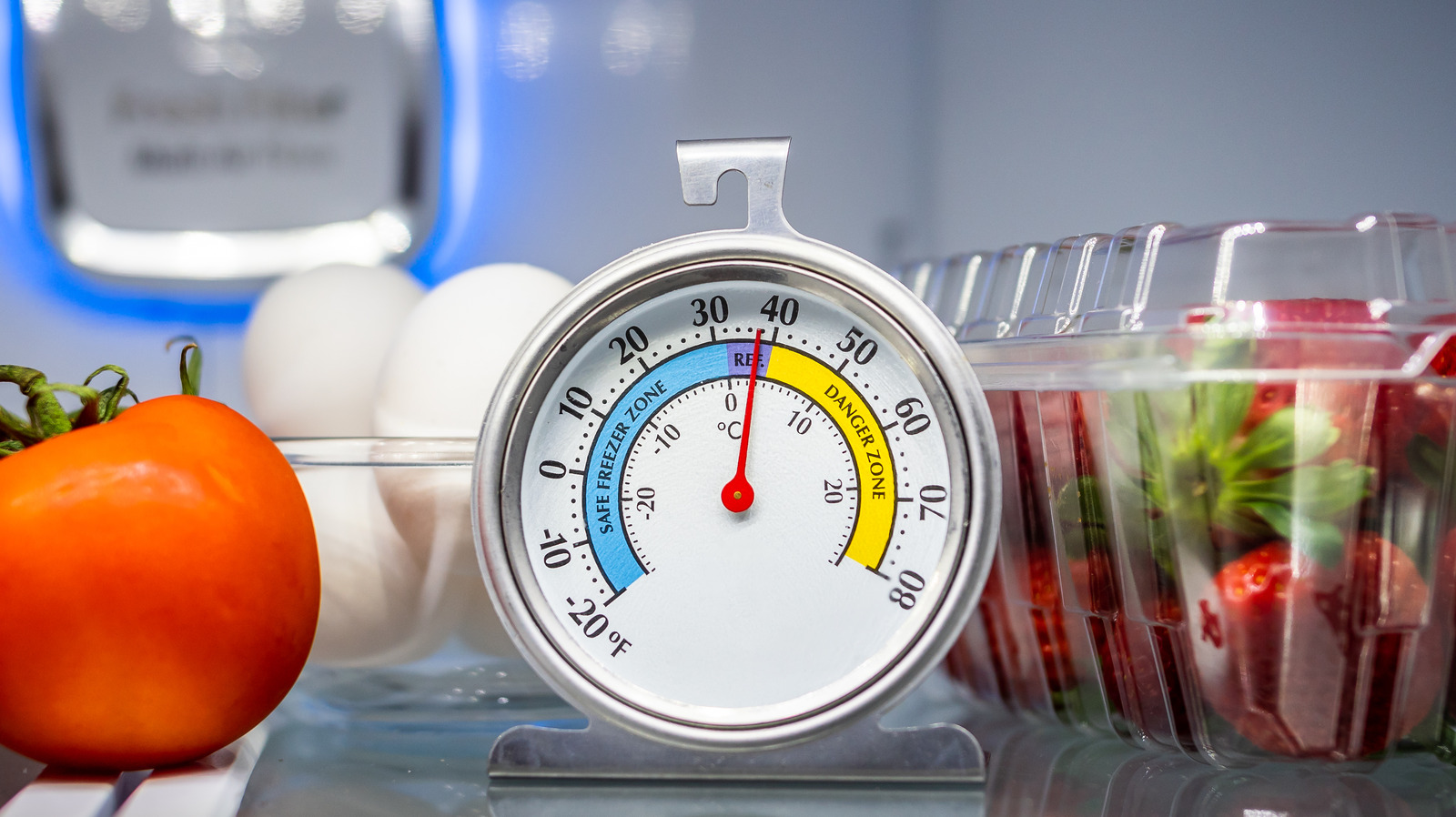
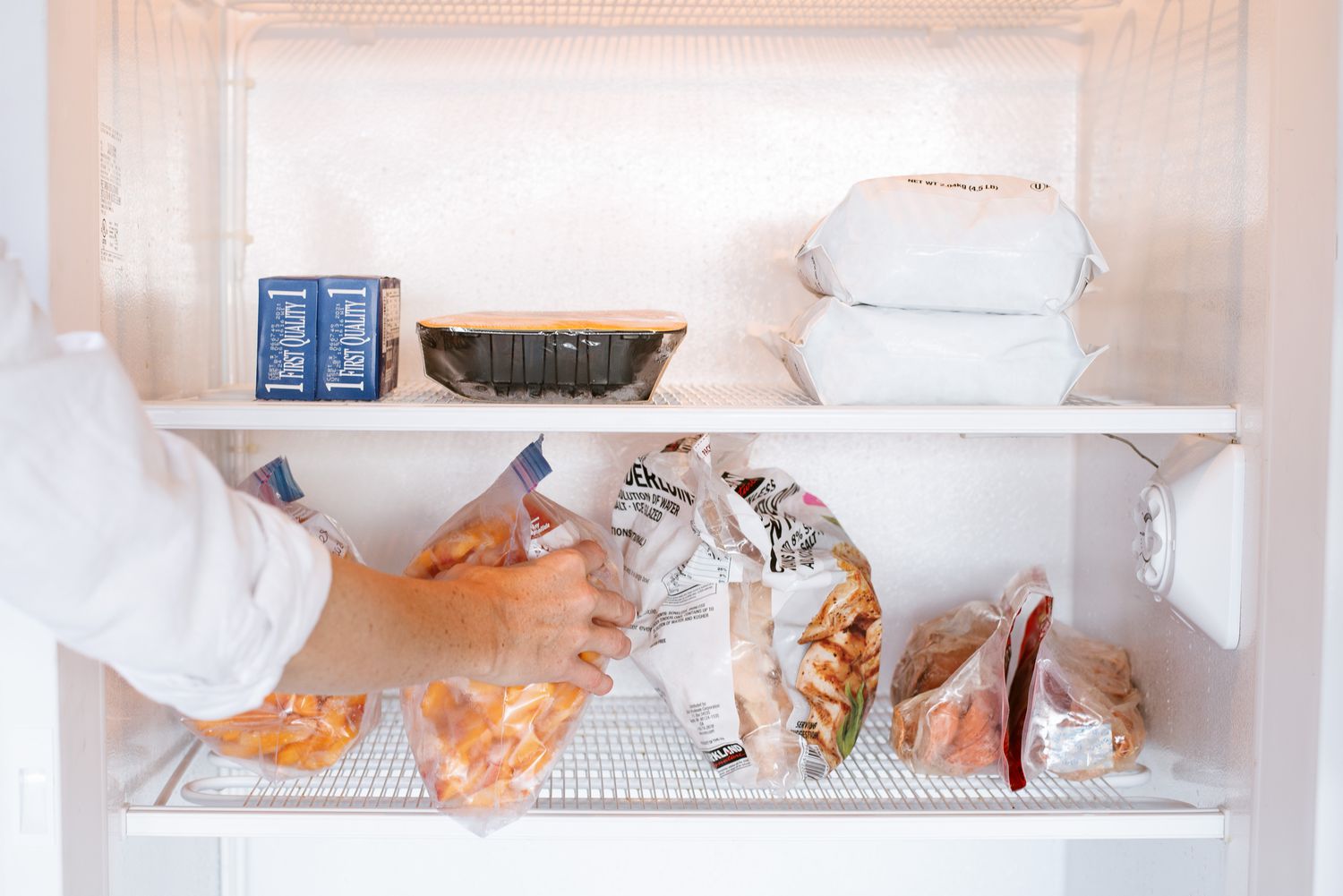
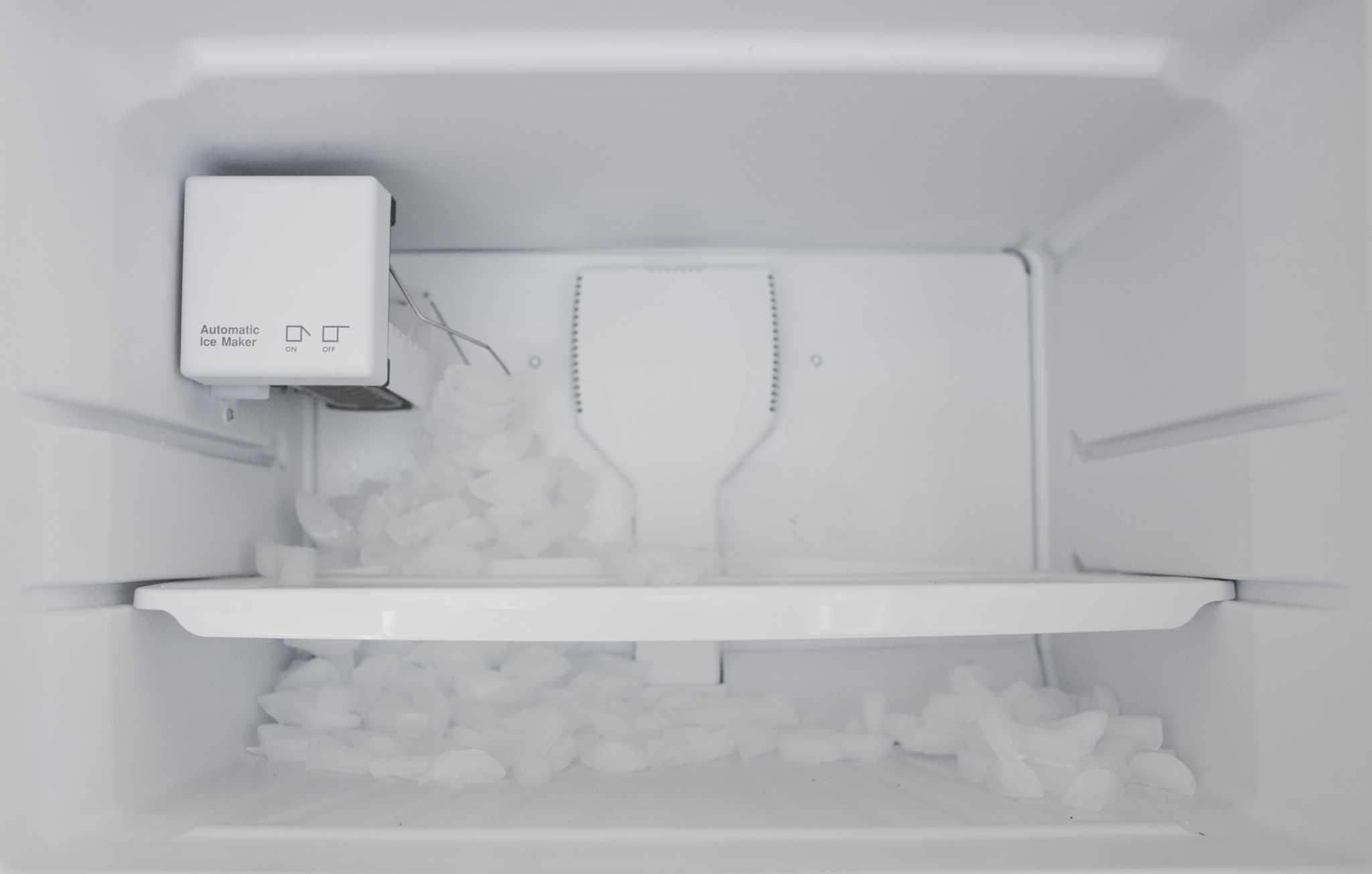
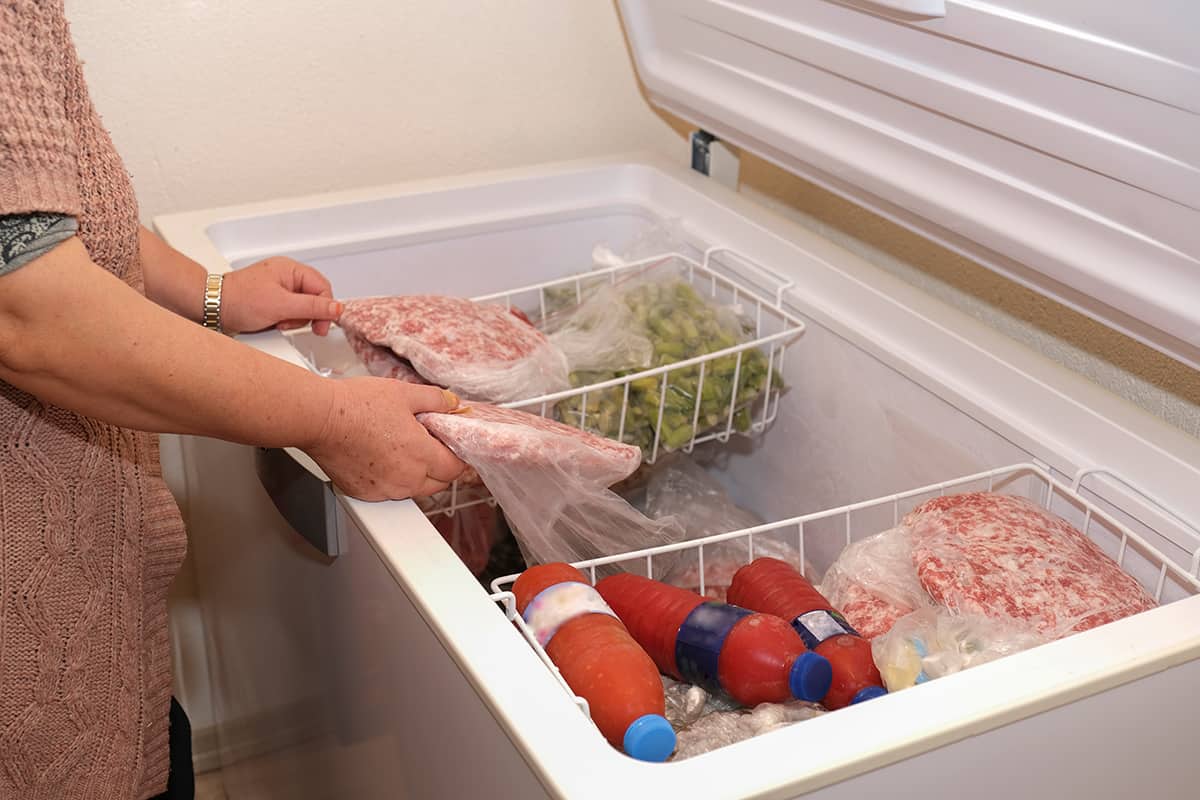
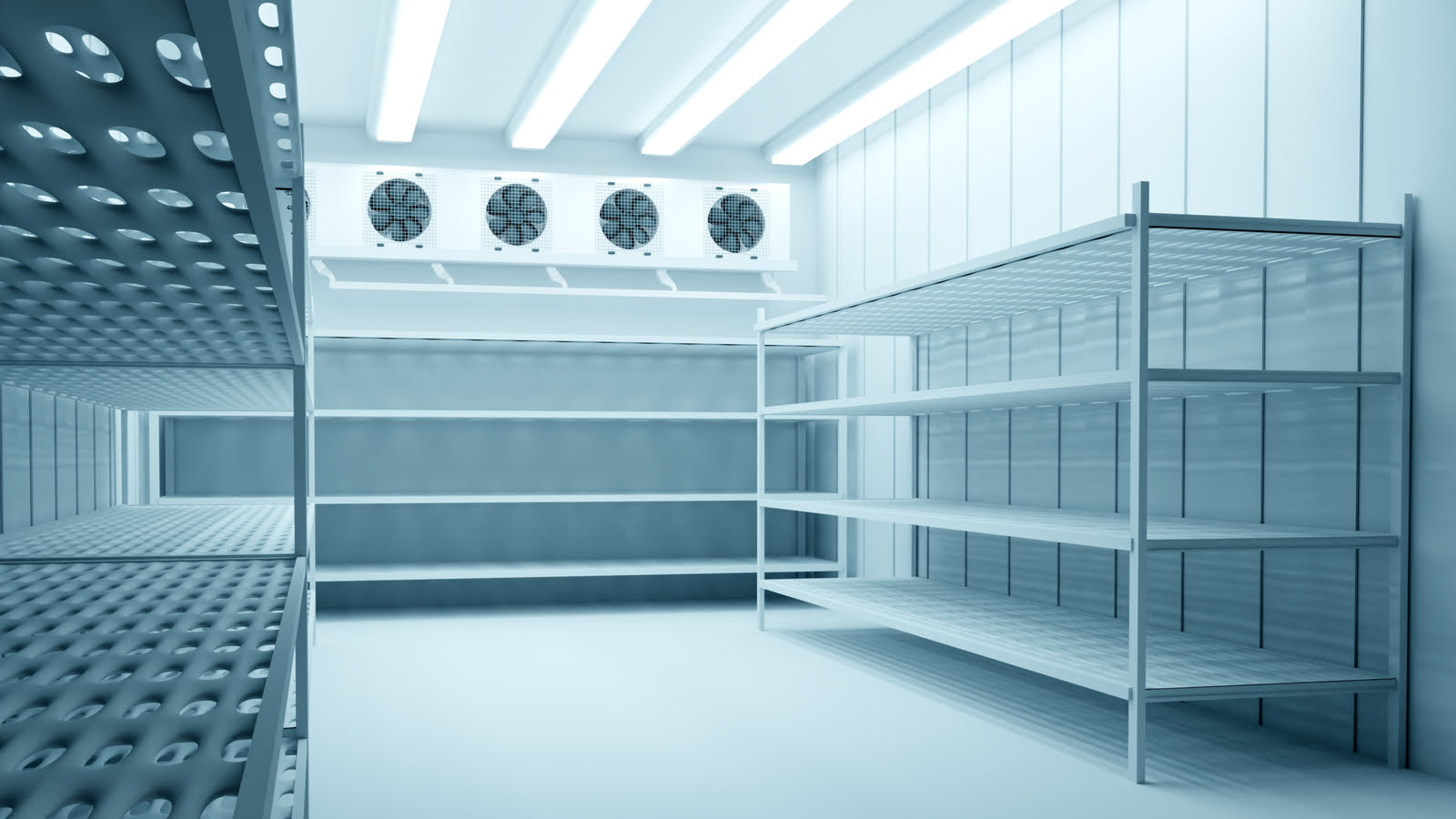
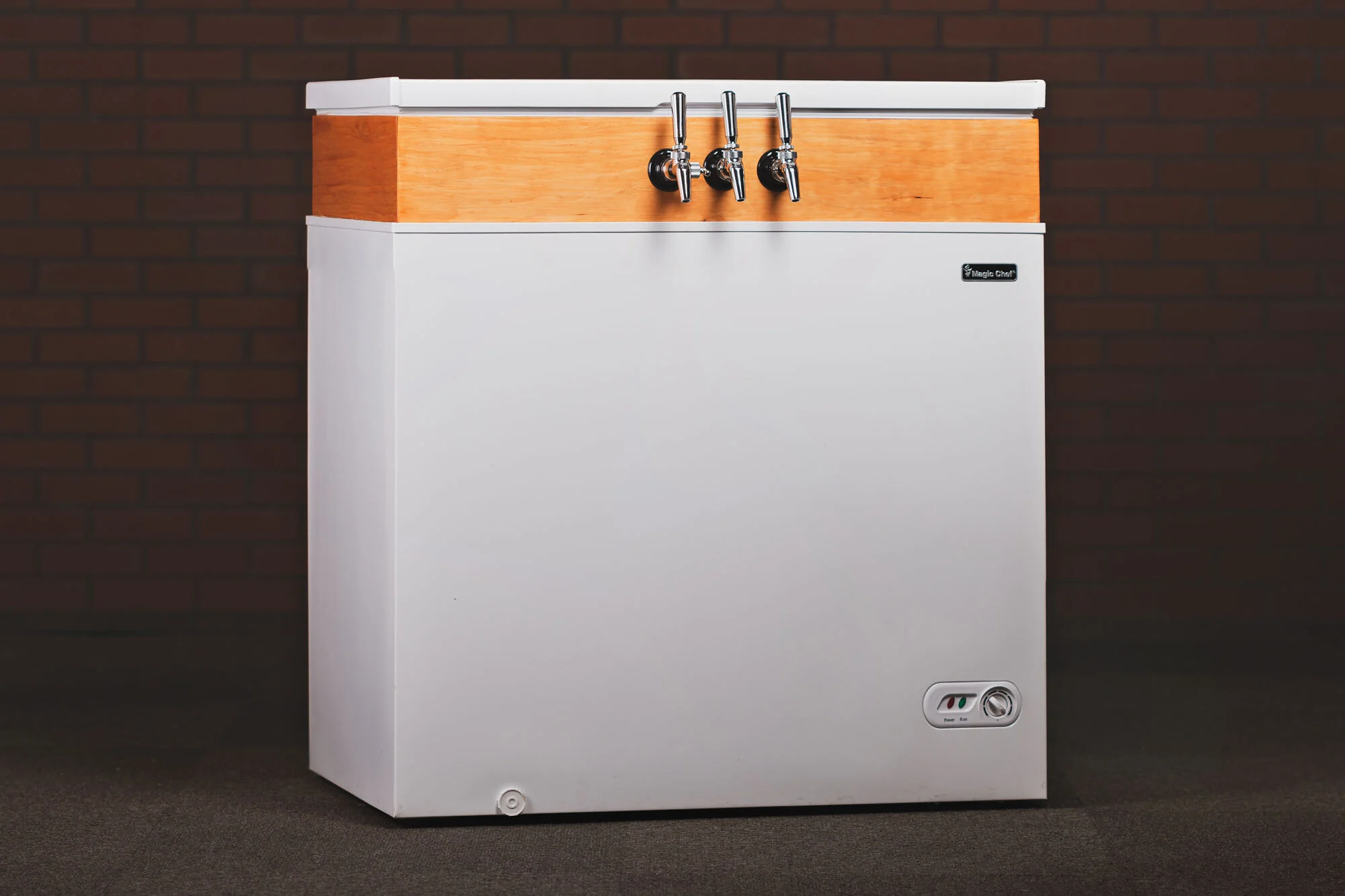
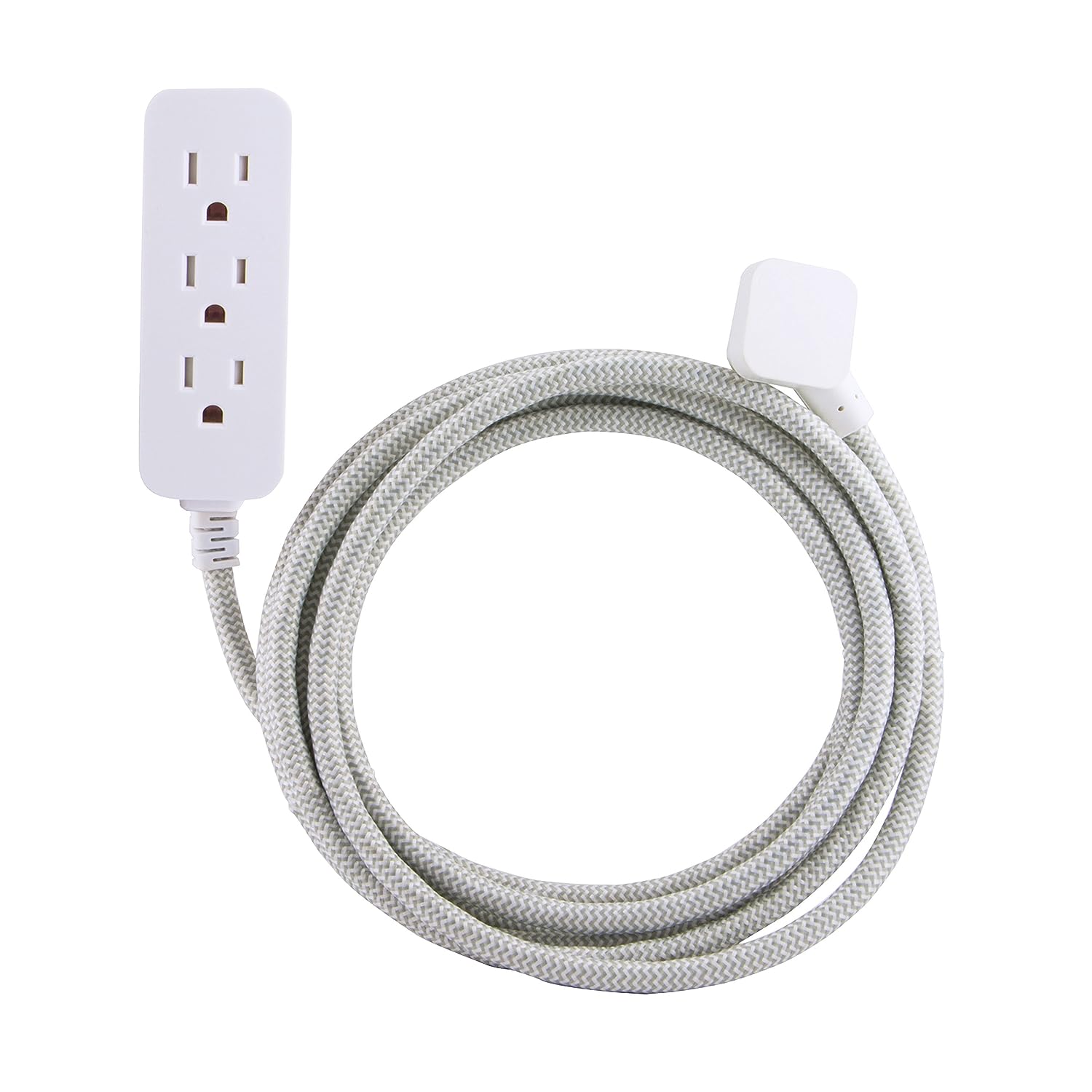
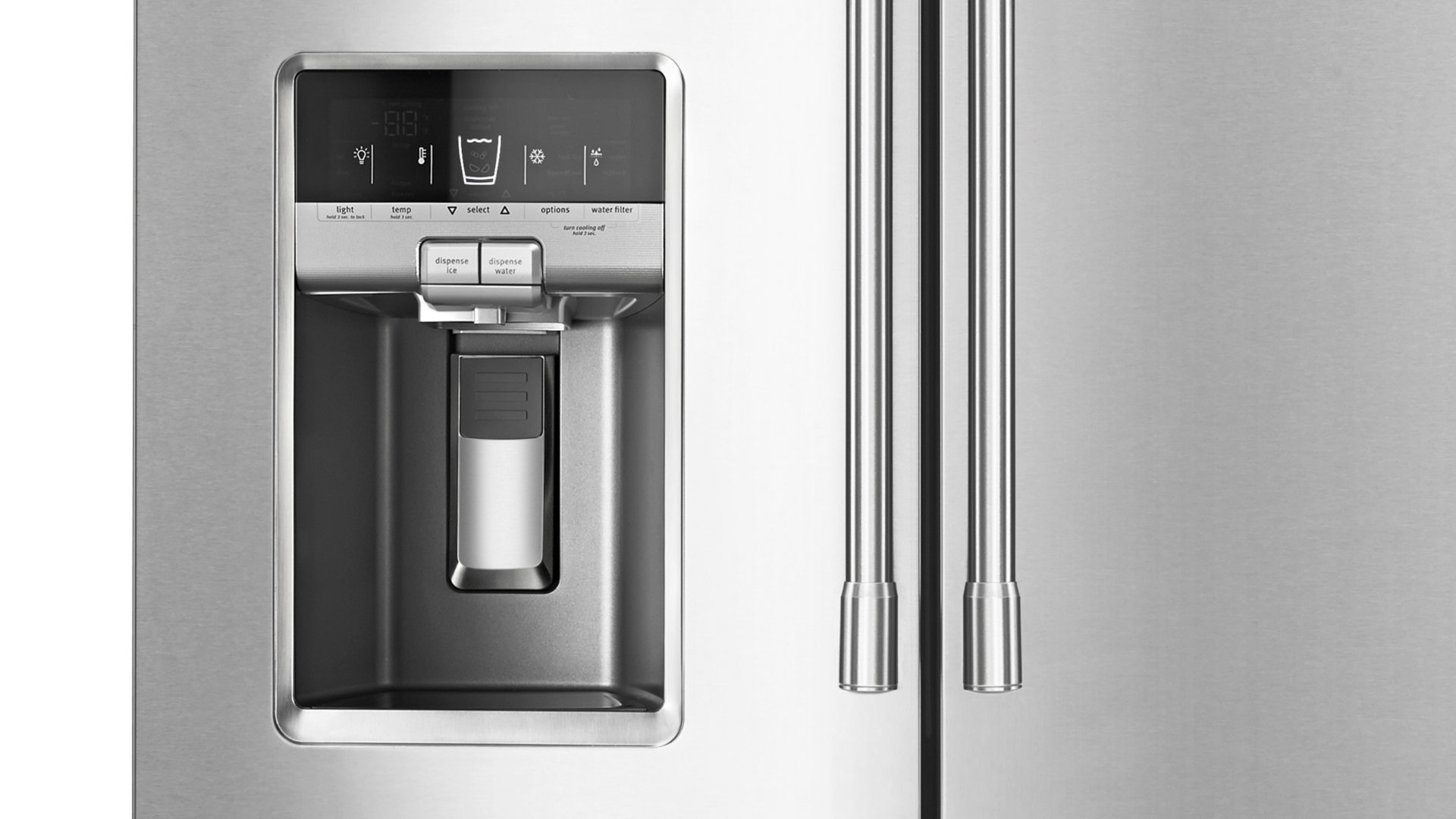
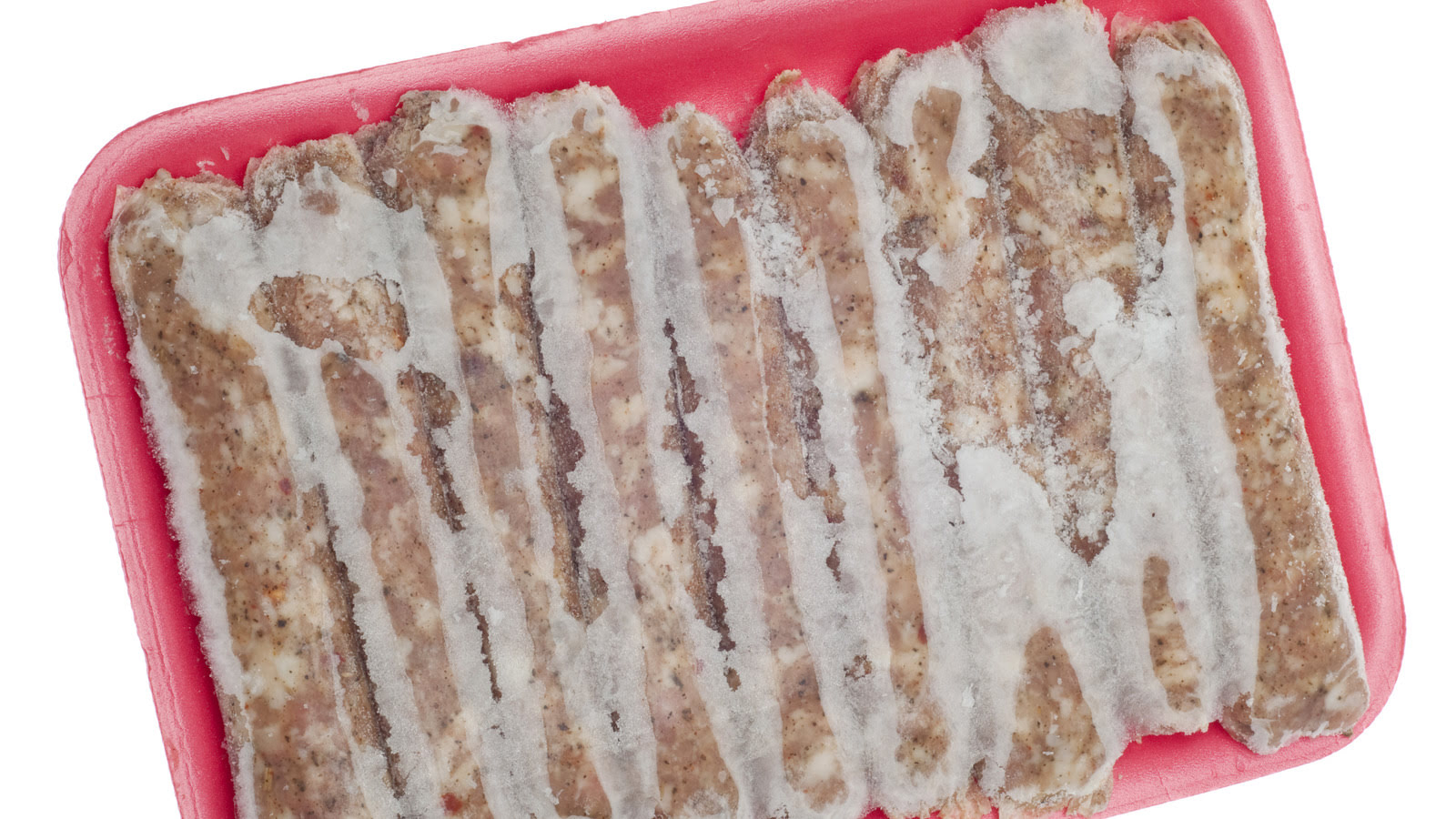
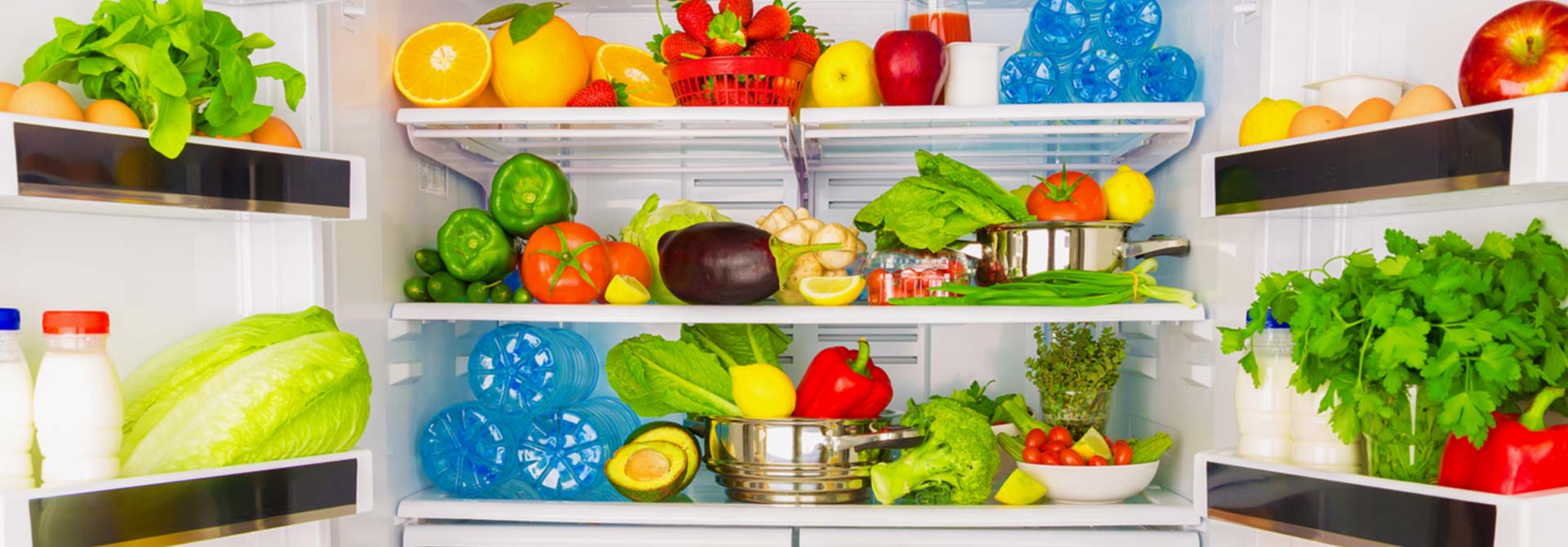
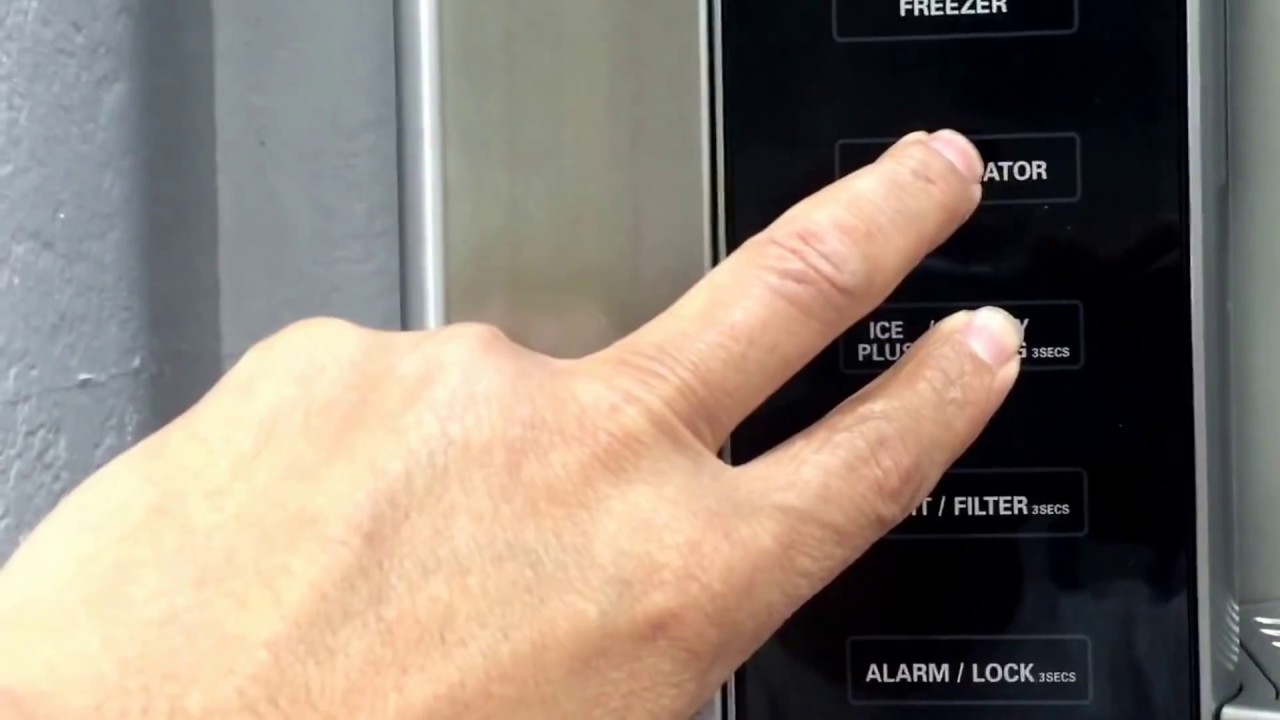

0 thoughts on “What Is Freezer”